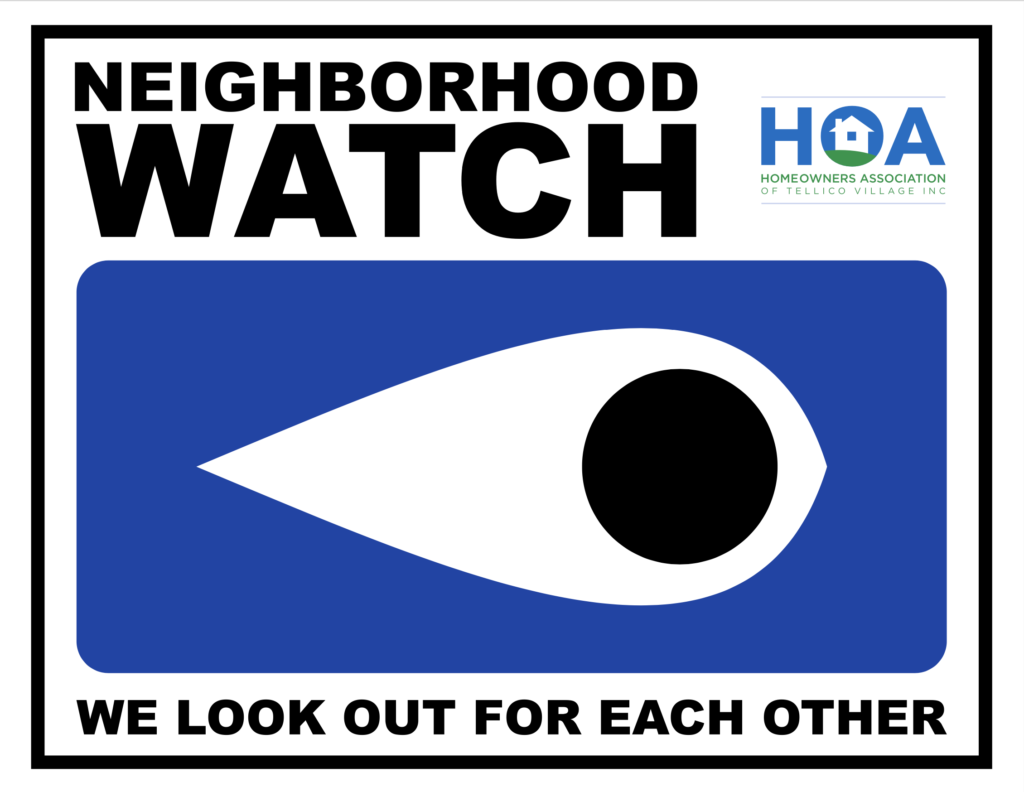
Surprised to get that letter from Social Security? You should take a second look. And then another. Scammers are sending fake letters that closely resemble official Social Security Administration (SSA) and SSA Office of the Inspector General (OIG) letterhead or that of other government agencies, such as the Federal Trade Commission.
These scammers also send these letters as attachments to emails and text messages. They are trying to steal your money or your identity.
Tactics vary but scams consistently contain red flags, whether it’s a mailed letter, email, text message, or phone call, the scammer will present an unexpected problem or situation and then offer a solution with a hefty price tag.
Four Basic Signs of a Scam
Recognizing the signs of a scam gives you the power to ignore criminals and report the scam. Scams come in many varieties, but they all work the same way:
- Scammers pretend to be from an agency or organization you know to gain your trust.
- Scammers say there is a problem or a prize.
- Scammers pressure you to act immediately.
- Scammers tell you to pay in a specific way.
Known Tactics Scammers Use
Scammers frequently change their approach with new tactics and messages to trick people. These are red flags; you can trust that Social Security will never use:
- Threaten you with arrest or legal action because you don’t agree to pay money immediately.
- Suspend your Social Security number.
- Claim to need personal information or payment to activate a cost-of-living adjustment (COLA) or other benefit increase.
- Pressure you to take immediate action, including sharing personal information.
- Ask you to pay with gift cards, prepaid debit cards, wire transfers, cryptocurrency, or by mailing cash.
- Threaten to seize your bank account.
- Offer to move your money to a “protected” bank account.
- Demand secrecy.
- Direct message you on social media.
If you receive a suspicious call, text message, email, letter, or message on social media, the caller or sender may not be who they say they are. Scammers have also been known to:
- Use legitimate names of Office of Inspector General or Social Security Administration employees.
- “Spoof” official government phone numbers, or even numbers for local police departments.
- Send official-looking documents by U.S. mail or attachments through email, text, or social media message.
- Fraudsters create imposter social media pages and accounts using Social Security-related images and jargon. This helps them appear as if they’re associated with or endorsed by Social Security.
Here are some ways to spot an imposter page:
- Number of followers.
- Incorrect punctuation or spelling.
- Links to pages not on ssa.gov.
- Advertisements for forms or other SSA documents.
- Incorrect social media handle.
- It is illegal to reproduce federal employee credentials and federal law enforcement badges. Federal law enforcement will never send photographs of credentials or badges to demand any kind of payment, and neither will federal government employees.
How to Avoid a Scam
Protect yourself, friends, and family — If you receive a suspicious call, text, email, social media message, or letter from someone claiming to be from Social Security:
- Remain calm. If you receive a communication that causes a strong emotional response, take a deep breath. Talk to someone you trust.
- Hang up or ignore the message. Do not click on links or attachments.
- Protect your money. Scammers will insist that you pay with a gift card, prepaid debit card, cryptocurrency, wire transfer, money transfer, or by mailing cash. Scammers use these forms of payment because they are hard to trace.
- Protect your personal information. Be cautious of any contact claiming to be from a government agency or law enforcement telling you about a problem you don’t recognize, even if the caller has some of your personal information.
- Spread the word to protect your community from scammers.
What to Do if You Were Scammed
Recovering from a scam can be a long and difficult process. Here are some reminders:
- Do not blame yourself. Criminal behavior is not your fault.
- Stop contact with the scammer. Do not talk to them or respond to their messages.
- Notify the three major credit bureaus: Equifax, Experian, and TransUnion to add a fraud alert to your credit report.
The above information was taken from the Social Security website. You can click on the link below for more information or to report a scam.
